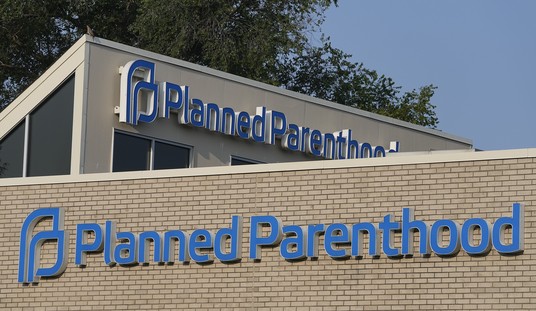"The shadow of crisis has passed," President Obama told us on Tuesday night. “The State of the Union is strong," he added. But is it really?
If you had accumulated a debt that is more than 20 times the size of your household income, would you say your household finances were in good shape? Well, that’s where we are as a country. Under about a dozen federal entitlement spending programs, we have made promises that we haven’t been willing to pay for. In the process, we are leaving an enormous financial burden for our children and grandchildren.
So what did the President propose to do about that problem? Basically leave well enough alone and add to it. As David Jackson reported:
Citing the legacy of programs like Social Security, Medicare and college aid, Obama told the GOP-led Congress that "middle-class economics works" and "these policies will continue to work, as long as politics don't get in the way."
The piling on includes:
… new tax breaks for child care, and programs that include two free years of community college, lower interest rates on mortgage insurance and new requirements for paid sick leave.
There are basically two kinds of debt – the kind you hear about and the kind you don’t. The first kind is federal debt held by the public in the form of government bonds. At last count these totaled a little over $13 trillion. The second kind is the difference between long term promises we have made – for retirement income, medical bills, disability payments, etc. – and the income we expect to fund those promise in the form of taxes, premium payments, etc.
That second kind of debt is huge. Boson university economist Laurence Kotlikoff pegs it at a whopping $210 trillion. Kotlikoff writes:
The fiscal gap — the difference between our government’s projected financial obligations and the present value of all projected future tax and other receipts — is, effectively, our nation’s credit card bill. Eliminating it, would require an immediate, permanent 59 percent increase in federal tax revenue. An immediate, permanent 38 percent cut in federal spending would also suffice. The longer we wait, the worse the pain. If, for example, we do nothing for 20 years, the requisite federal tax increase would be 70 percent, or the requisite spending cut, 43 percent.
Recommended
By the way, to solve our fiscal problem, the 59 percent increase in taxes has to be put in the bank and invested – not spent on other things, like community college tuition -- until the day when the bills start coming due. That will require a level of discipline no previous president or congress has been able to muster.
What’s really at issue here is the difference between short term thinking and long term thinking. Take the United States and Italy. On a short term basis, our economy is in much better shape than theirs. They have 13 percent unemployment. Ours is less than 6 percent. Their outstanding debt (bonds) is 130 percent of GDP. Ours is 73 percent.
But Prof. Kotlikoff points out that on a long term basis Italy is in much better shape than we are. One way to measure the “fiscal gap” is to calculate how much a country needs to tax and save each year (as a percent of its GDP) in order to be able to meet its future spending obligations. By this measure, Italy’s fiscal gap is actually negative. In the future they will be able to lower their taxes. And the Italian figure is the lowest of 24 European nations studied! By contrast, the US fiscal gap is 10.5 percent -- higher that any European country and considerably greater the European average of 2.4 percent. (See Table 3.5 of the European Commission’s Fiscal Sustainability Report, 2012.)
In the light of all this, last night’s State of the Union address was a huge disappointment.
During the 2008 election, I was actually hopeful about Barack Obama. He was the only serious candidate in the Democratic primary who said we need to do something about entitlement spending, including Social Security, Medicare and Medicaid. For this, he took much abuse from the left, including scathing condemnation by Paul Krugman in The New York Times. Yet he stood his ground.
After the election, I became even more hopeful. When President Obama appointed Alan Simpson and Erskind Bowles to head a commission to tackle the problem of ever escalating federal debt, even the Republicans in Congress were opposed. But the president forged ahead, despite no congressional support. He met personally with Simpson and Bowles and promised them that he would back their recommendations — let the chips fall where they may.
The
And there has been no mention of it ever since.

























Join the conversation as a VIP Member